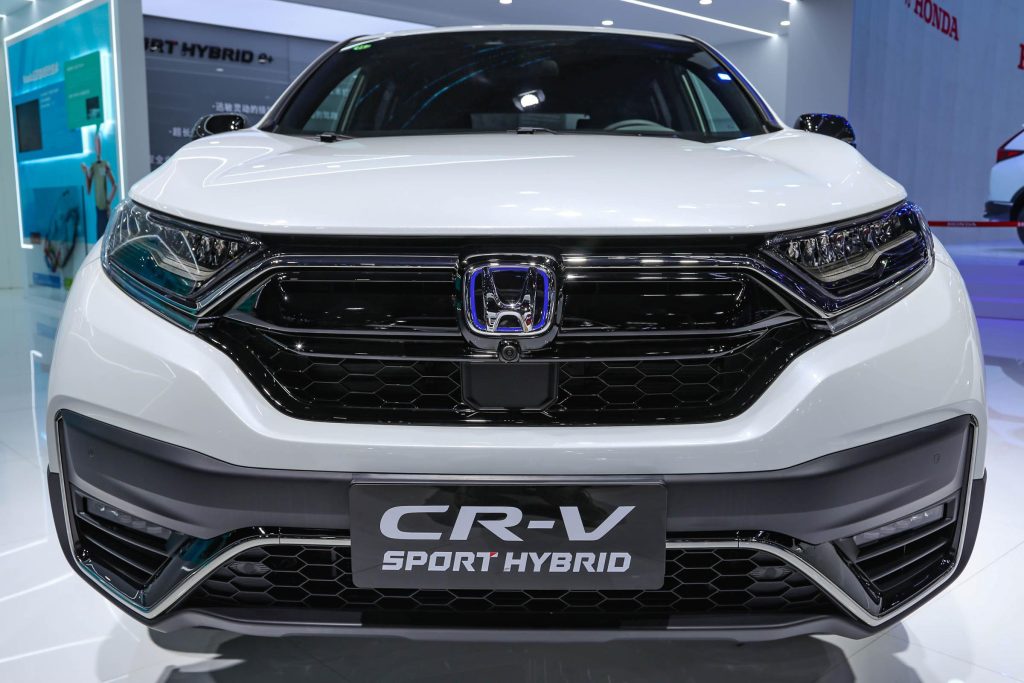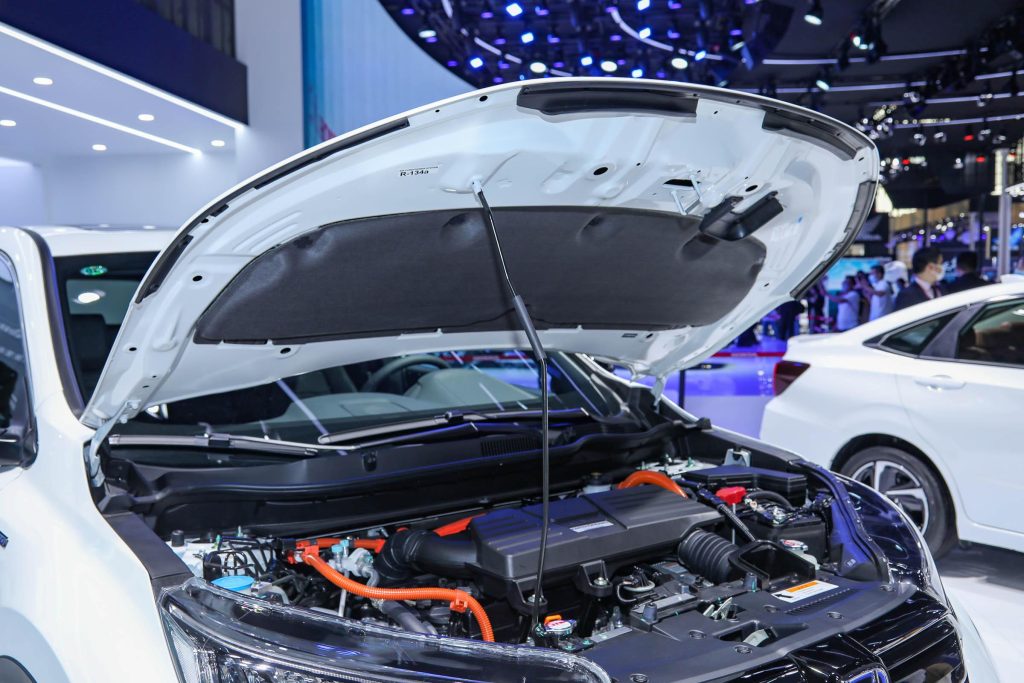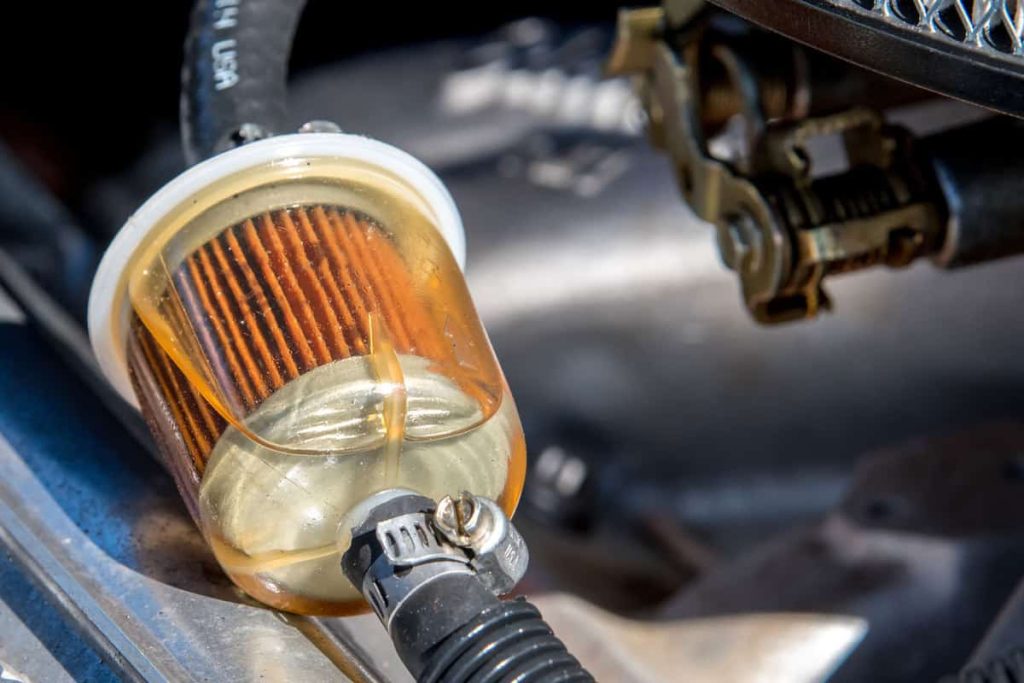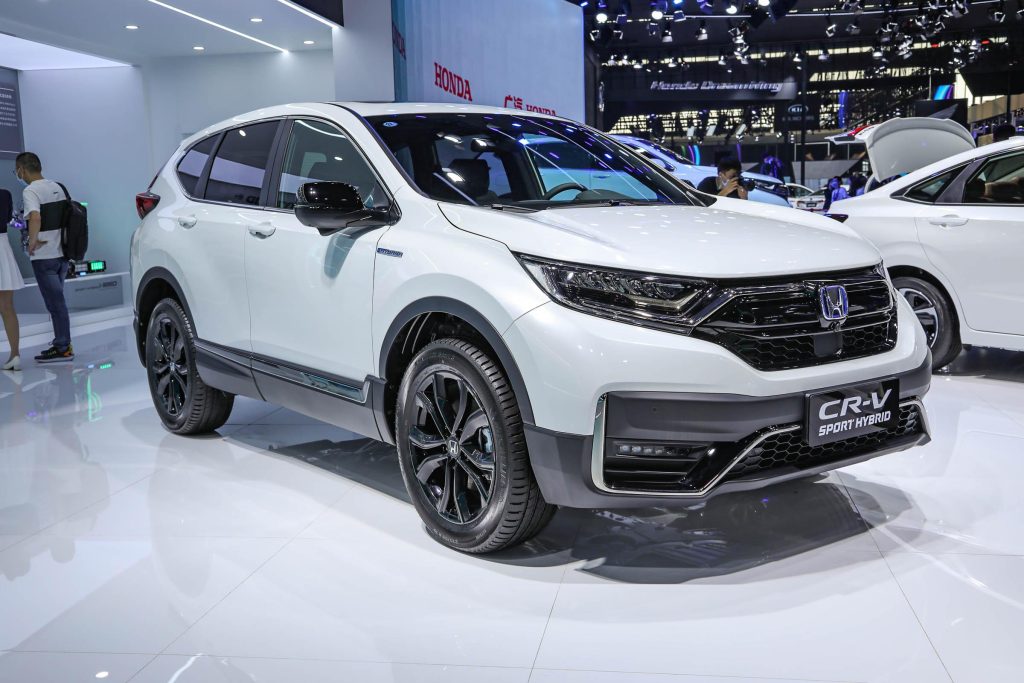Physical Address
304 North Cardinal St.
Dorchester Center, MA 02124
Physical Address
304 North Cardinal St.
Dorchester Center, MA 02124
Honda CR-Vs are among the most dependable vehicles on the market. However, even the best car can fail to start when you’re late for work or have a trunk full of groceries. Do you know what to do if your Honda CR-V refuses to start? We’ve done the research so you don’t have to sit on the side of the road, unsure of what to do.
There are numerous reasons why a CR-V won’t start. Here are the scenarios, along with what you should do in each one:
That’s a lot of data to take in and process. We discussed the most common reasons your CR-V might not start. And, perhaps most importantly, we’ve discussed what to do if your car won’t start. Continue reading as we delve a little deeper into how to get you back on the road quickly and safely.

If your Honda CR-V won’t start, it can seriously ruin your day. You can arrive late for work or to pick up the kids from school. Before calling a mechanic, there are a few things to check first.
If you try to start your CR-V and nothing happens, the battery may be dead. Try to jump-start the engine if you have access to jumper cables. If your CR-V starts, you most likely have a dead battery. Allow a few minutes for the car battery to charge while the engine is running, then proceed to the dealer or mechanic. If you don’t have jumper cables, you should call a tow truck. The towing company may also be able to jump start the car.
Your Honda CR-V typically won’t start due to a broken alternator. Your alternator likely needs to be replaced if the battery charges but drains quickly. It’s possible that the alternator has stopped working or that it’s providing the wrong voltage.

If you hear a clicking noise when you turn the ignition switch and the CR-V does not crank, the starter may be broken. In this case, jumping the battery will not help. Tow your vehicle to the dealer or mechanic. If you have access to a roadside assistance service, request a tow and a ride to the nearest repair shop.
If your CR-V runs out of gas, it will not start. So, before you do anything else, fill up the gas tank. If you’ve already filled the tank and it still won’t start, you should check the fuel filter. Over time, the filter can become clogged with dirt, preventing the car from running properly.

The ignition switch starts the car and supplies power to electronic components such as the radio in your CR-V. If your car won’t start after a few attempts, the ignition switch may be faulty. Other symptoms to look for include flickering dashboard lights or headlights, as well as an unresponsive A/C system while driving. It is critical to understand that an ignition switch can fail while driving. And that failure can put you in a dangerous situation, such as a traffic jam. As soon as possible, take your car to a dealer or mechanic and have them check out the ignition switch and, if necessary, replace it.
Your CR-V will not start if there is no gas in the tank. Yes, we realize this sounds ridiculous, but let’s just say it can happen. Perhaps the check fuel warning light did not alert you. Maybe you just didn’t notice it. Examine the gas gauge. Refill the tank if it is empty.
There are two possible scenarios to be aware of:
If your CR-V makes a clicking sound when you turn it on but does not start the engine, the starter is most likely to blame. This could indicate a faulty starter, but it is more likely that the battery is failing. Your car battery may be too low on charge to send a proper signal to start the engine.
The alternator in the CR-V could also be a problem. When attempting to start the car, you may hear a growling or clicking noise. If you successfully jump-started the engine but it died immediately, the alternator isn’t keeping the battery charged.
The battery, alternator, and starter all work in tandem. Get your CR-V to a mechanic as soon as possible.
Your CR-V engine should start in any weather. Extreme cold temperatures may reduce the efficiency of a battery, preventing your car from starting.
If you’re in a situation where you can easily give your CR-V engine a boost with jumper cables, do so first. Allow the engine to warm up for a few minutes before turning on the heater, lights, or any other accessory. Then, take the vehicle to a repair shop or a dealer to have the battery inspected. Call a tow truck if you don’t have jumper cables or if your CR-V won’t start after the jump. Alternatively, contact your local roadside assistance service.
We’ve discussed a variety of reasons why your CR-V may not start and what you should do based on the symptoms. This will hopefully never happen to you. But if it does, keep the advice we gave you in this post in mind. Also, spend some time getting to know the normal sounds your CR-V makes when it starts.
If you don’t already have jumper cables, get some as soon as possible. You never know when you’ll need them to jump start your car or the car of a stranded driver.
Maintain your CR-V on a regular maintenance schedule, and it should continue to start for a long time.

Your Honda CR-V, like any other vehicle, will eventually develop problems. Begin by ensuring that the battery is charged, the cables are tight, and the terminal is clean. Next, make sure your key fob’s battery isn’t dead.
If you begin to feel overwhelmed, seek assistance from a local Honda mechanic.